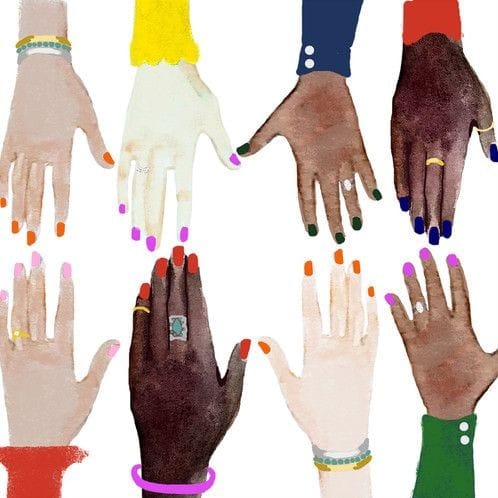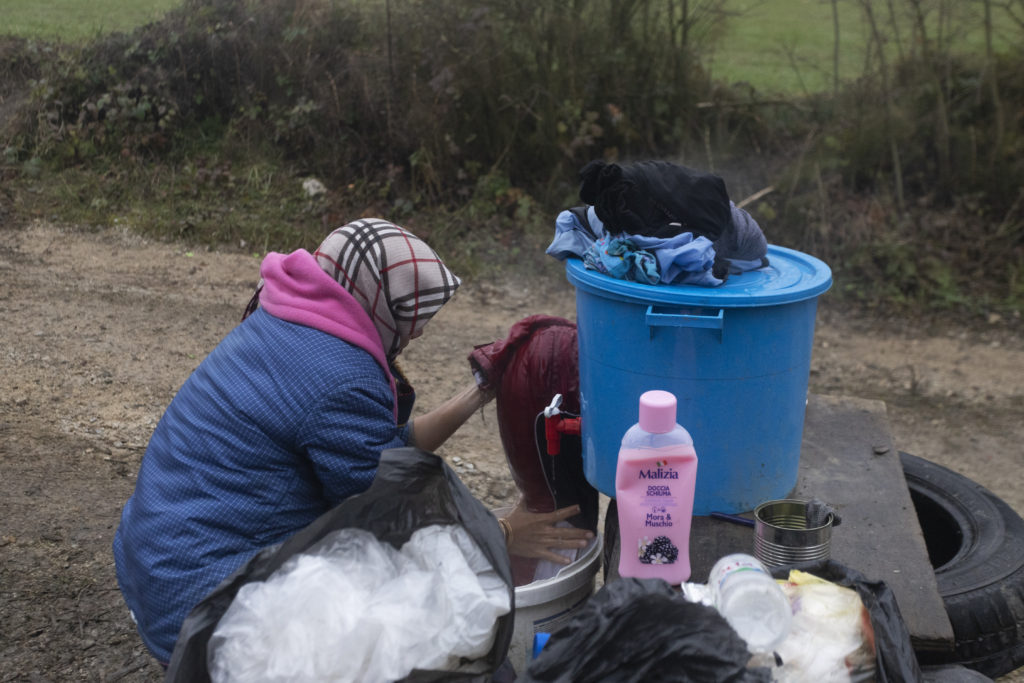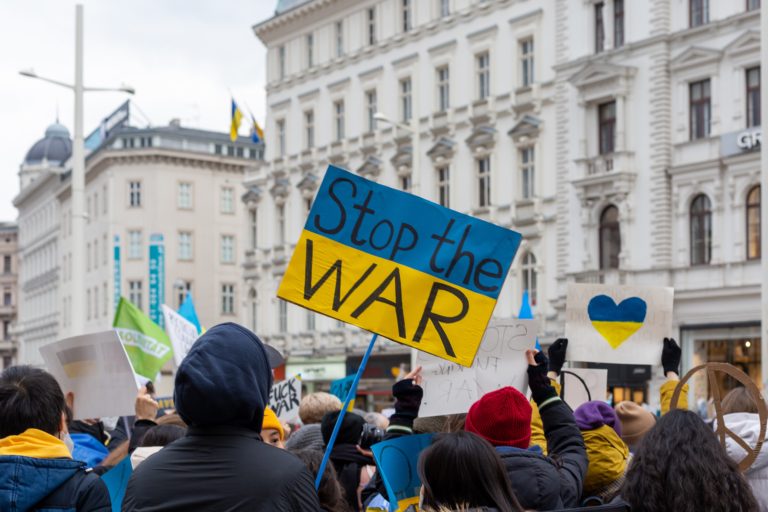Aileen Angsutorn Lees reveals the experiences of ESEA women survivors of male violence and how state and non-state institutions need to change their approach to violence against women and girls.
Written by Aileen Angsutorn Lees
⚠️ Trigger Warning: This article contains accounts of sexual violence, rape, death, murder, abuse, and child loss.
In August, the Scottish Government published a report on minoritised ethnic women’s experiences of gender-based violence and the barriers to help-seeking and reporting abuse. The report identified cultural insensitivity and institutional racism as one of these key barriers. However, the research did not include the experiences of any women of East and/or Southeast Asian (ESEA) heritage1, nor did it acknowledge that these groups of women exist2.
But this erasure is widespread. Due to the limited ways in which institutions choose to record ethnicity, there is a severe lack of data for ESEA people in the UK. This is a symptom of wider systemic discrimination and under-representation.
ESEA women are not a monolith. These are multiple and diverse communities with specific needs who often face similar issues and shared experiences. But the nuance of these experiences is overlooked through the “any other Asian” ethnic category prescribed by British society, which typically views “Asian” as synonymous with South Asian.
Recognising the violence that ESEA women face
Gender-based violence covers a range of crimes — including rape, domestic abuse, stalking, sexual harassment and trafficking — that are overwhelmingly but not exclusively carried out by men against women. ESEA women are particularly vulnerable and can face multiple forms of exploitation and abuse. 40% of trafficking victims referred to support services in Glasgow are ESEA women, and the number of Vietnamese women in the UK being referred for labour exploitation and sexual exploitation has more than doubled over the last year.
I spoke to the Southeast and East Asian Women’s Association (SEEAWA), a charity that provides support and community to ESEA women survivors of gender-based violence. They do this through various means, including, but not limited to, safe accommodation, events, and workshops.
“The East and South East Asian women that we support are often badly affected by the abuse that they go through,” says trustee Sarah Yeh. “Stereotypes [about] ESEA women are that we are compliant and submissive, or sexually available, and therefore objectified – this adds complication to the way we are treated within the wider British community.”
Orientalism is increasingly normalised in the UK, which dehumanises and hyper-sexualises ESEA women. Racialised misogyny is, therefore, entwined with male violence towards ESEA women. On Your Side, a support and reporting service for ESEA people in the UK found that 73% of hate crimes targeting ESEA women are perpetrated by men.
Yvette, who was born and raised in the Philippines, arrived in the UK in 2008 and began working as a server at a hotel in Scotland. “After a month, I was promoted to a supervisor role,” she says. “However, following my promotion, I started facing daily challenges at work due to… discrimination, resulting in the loss of my [visa] sponsorship.” With no other options, Yvette was forced to move to London when she was sexually assaulted.
For many, like Yvette, the compounding effect of being isolated from the community, together with a fear of authorities, is a huge barrier to reporting the abuse. “I’ve been too scared to report the abuse to the police because I’m afraid of being deported,” says Yvette. “I have a loan to pay back home and a family to support. I’ve isolated myself, spending days in my room, crying in the dark. I have no family here, and I’m too afraid to trust anyone.”
Patriarchal gender norms — prevalent across British society — also normalise male violence against women. “In our ESEA cultures, violence against women is regarded as shameful and often not discussed,” says Yeh, adding, “Victims may also not receive support from their families who prefer to retain a facade of ‘harmony in the home’.”
What’s more, society often minimises non-physical forms of violence, making it difficult for victim-survivors to identify ‘abuse’ in the first place. Yeh tells me, “ESEA women are often not aware that [domestic abuse] also includes coercive control and emotional abuse. They, like many other women in the UK, only believe they are subjected to it once the abuse becomes physical.”
Raquel is a mother and survivor of domestic abuse who was in a relationship with an abusive partner for six years. “At first, I didn’t realise that what my partner was doing was a form of abuse,” she says.
“He was constantly checking my phone and accusing me of having an affair with someone… he threatened me all the time, saying that if I called the police, I would be the one in trouble because I was undocumented. I was unemployed at that time, so I depended on him financially. For that reason, he controlled my life.”
Institutional failings
The hostile UK immigration system plays a significant role in the experiences of many migrant and trafficked women in the UK. However, these challenges are not always understood or supported, which causes further harm to ESEA women.
“I reached out for help, but Women’s Aid turned me down because of my status,” says Raquel. This rejection left her “feeling really low”, and she attempted to take her own life. After she received treatment, she tried contacting other charities for help. “My support worker helped me find Kanlungan,” she explains, “They… helped us with our immigration status, and my daughter now has a British passport.”
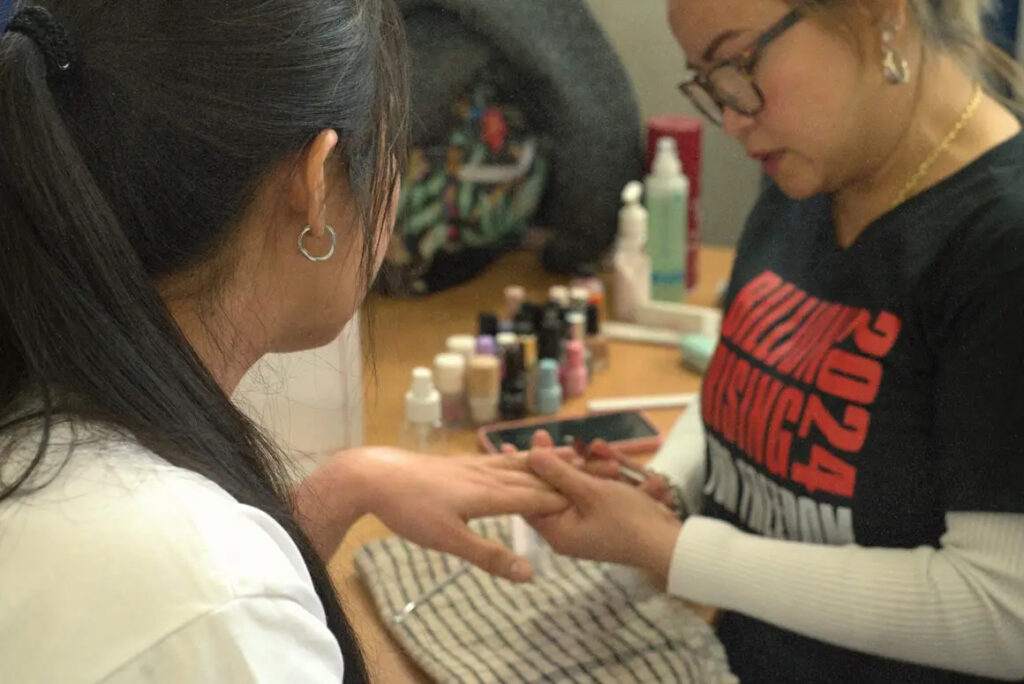
Kanlungan is a charity providing support to ESEA women survivors of gender-based violence. I spoke to Michaele Nagac, Mental Health Officer and project coordinator for gender-based violence support, who told me that most of the women accessing their service have ‘No Recourse to Public Funds’. This legal restriction is commonly attached to visas and stops people from being able to access most mainstream benefits and housing assistance.
“Our service users say [other] charities want to help, but as soon as they find out [the survivors] have No Recourse to Public Funds, they do not engage,” he tells me. “Someone who is already [traumatised] reaches out, and the organisation just looks at their visa status. That’s another form of trauma.”
Local authorities in Scotland, England and Wales have a duty to safeguard children regardless of the child’s or parents’ immigration status. “Many councils are not informed about different types of support and do not know how to house children,” notes Nagac. “We have to tell them about [the legislation], which requires them to provide immediate support even if they have No Recourse to Public Funds. They are often not familiar with this.”
The complexities of the immigration system mean that many ESEA women are not aware of their options. For example, victim-survivors of domestic abuse who are dependent on the immigration status of their abusive partner are sometimes eligible to apply for an ‘indefinite leave to remain’. “Most service users feel trapped and tied to their perpetrator because of a spousal visa,” Nagac says. “We support them step-by-step and make sure that they have a safety plan.”
Mistrust in the police is often another barrier to reporting abuse and a reason why ESEA women are underrepresented in institutional statistics. On Your Side found that only 10% of ESEA women who experience a hate crime report this to the police. Their research found that the main reason for non-reporting (across all genders) was that victims did not think the police would take their experiences seriously.
“Women of colour are often not believed when they go to get support from social services or police,” adds Yeh. “[These women] are fearful that they will inevitably become the victims of additional abuse through these types of agencies.”
Yeh is also a trustee of SEEAWA and a survivor. She was born in the UK and explained that the barriers ESEA women face extend to second and third-generation migrants. “I… was subjected to domestic violence, which began after I gave birth, and this also affected my young toddler,” she tells me.
“When I went for help with police and social services, I was not believed, and my [white] English husband was able to say anything he wanted, and he was believed. Agencies did not want to see any documented evidence as it did not fit into the narrative they had chosen for our situation.”
She explains how the racism against ESEA women is structural. “Unfortunately, the agencies’ representatives also included women of colour. This means that there is a lot of change that needs to be made on an institutional level.”
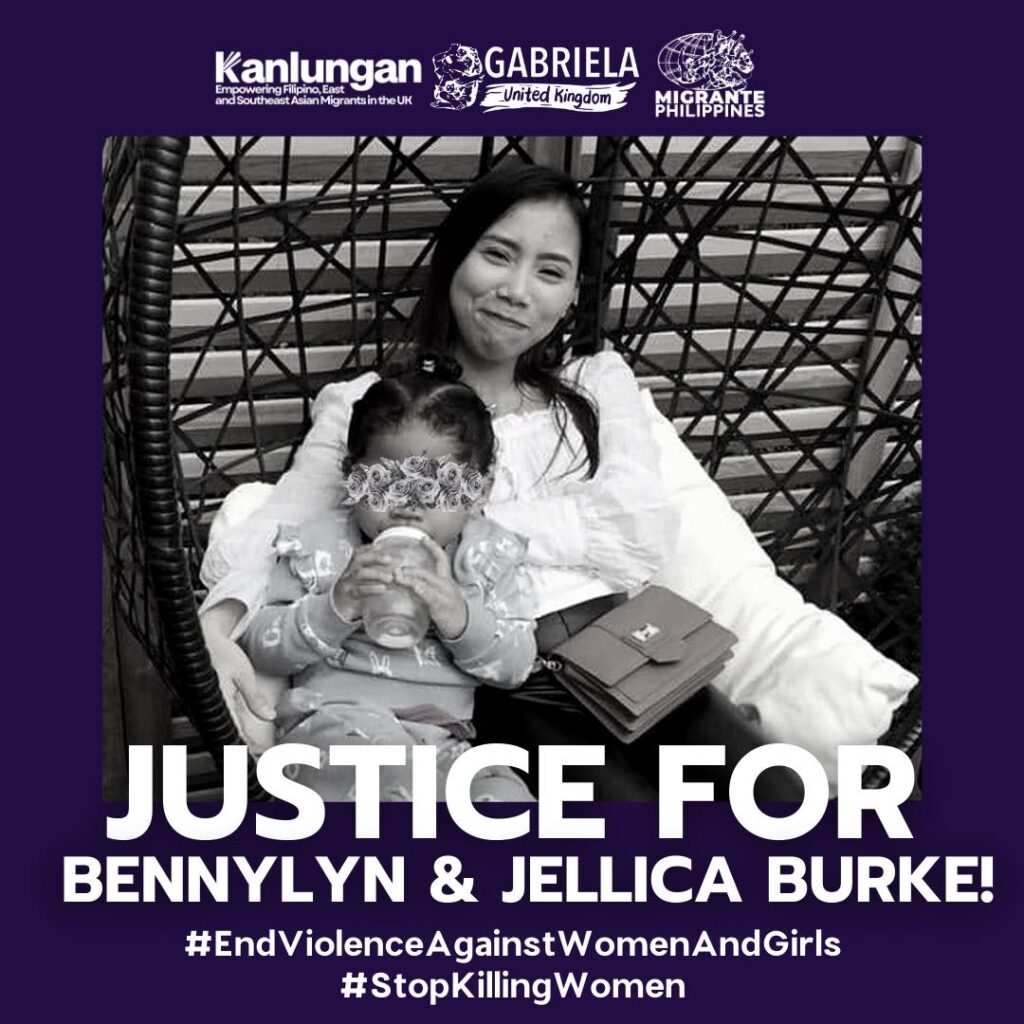
How the sector needs to change
The costs and limitations of the immigration system do not support women survivors. Migrants on route to settlement pay over £2,600 every 2.5 years for a visa application and NHS surcharge but are unable to access financial support. A family of four on the 10-year route to settlement can expect to pay in excess of £50,000 to obtain indefinite leave to remain.
“The government’s No Recourse to Public Funds policy for [migrants] has serious consequences not just for the women but for their children as well,” SEEAWA says. Recent research estimates at least 1.4 million people in the UK have No Recourse to Public Funds, and over 90% of people affected are women and children from minority ethnic communities. SEEAWA urges a policy exception for women who experience domestic abuse. “They and their children are forced into poverty because of this policy, which has a significant impact on their mental health and overall wellbeing.”
The mechanism to identify and assist potential victims of modern slavery involves referrals from police forces, Home Office departments and certain charitable organisations designated as ‘first responder organisations’. However, this can deter victims from seeking assistance in the first place, further exacerbating the hostile environment they face. SEEAWA and others, including victims themselves, ask that trafficking survivors be allowed to work while they are going through the National Referral Mechanism.
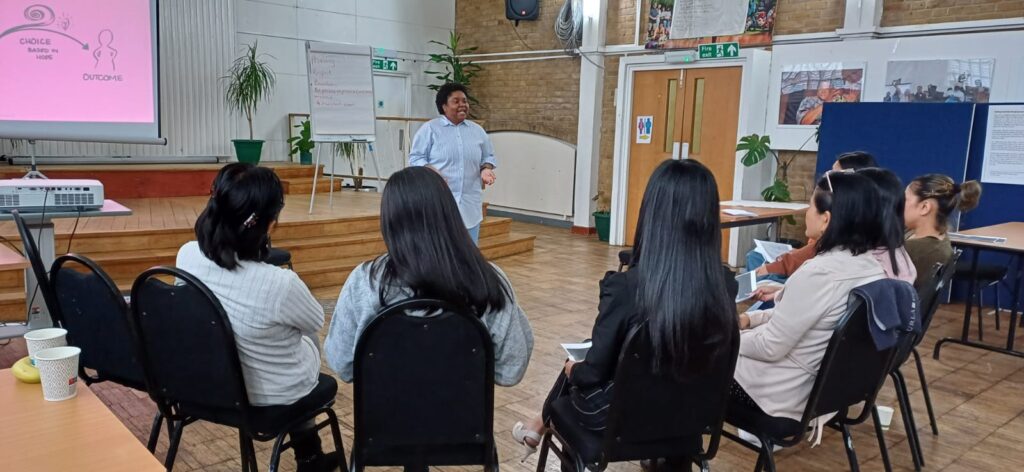
Organisations call for a holistic approach to supporting survivors and for recognition across the sector about how other forms of discrimination — including racism, ableism and transphobia — contribute to violence against ESEA women. “Disabled ESEA women are much more likely to be subjected to [domestic abuse],” Yeh tells me. “But there is no research around disabled ESEA women.”
Kanlungan sees many cases of trans women and trans men experiencing violence, but local services do not know how to support them. “Our trans service users, like our cis service users, sometimes need immediate temporary accommodation,” Nagac tells me. “But not all councils are informed. We need refuges where trans service users feel safe enough.”
To dismantle the prejudices that exist within these institutions themselves — and thereby minimise the harm they further cause to ESEA women — there needs to be more culturally engendered sensitive training across state and non-state entities and in the provision of immediate support, particularly in language and communication.
“People think if you experience trauma, then receiving mental health support is enough,” says Nagac. “But trauma is difficult to articulate. If organisations are not culturally attuned, they will not understand what the service user has gone through nor the different forms of abuse that they have experienced.”
SEEAWA also highlights the need for funded research around violence towards ESEA women. “Greater research will help change policies and increase support for women who are subject to this violence,” says Yeh. “It will also help reduce stigma in ESEA communities and bring about greater awareness, and reduce stereotypes in the wider British community… we need a complete change in the way women and violence are perceived throughout all institutions.”
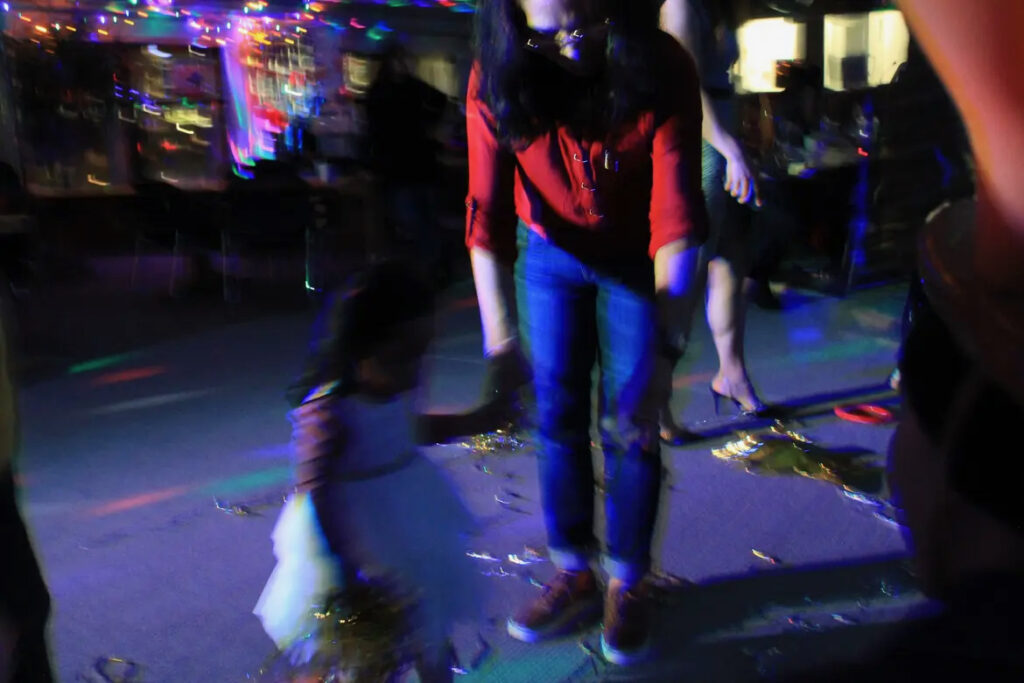
How the Scottish Government is addressing the needs of ESEA women
The Scottish Government’s work on gender-based violence is driven by its Equally Safe Joint Strategic Board. Of its 17 members, only one – Mariam Ahmed from AMINA – represents the specific interests of racially minoritised women.
Alongside its August report on minoritised ethnic women’s experiences, the Scottish Government published its Equally Safe Delivery Plan for the next two years, which focuses on “the prevention of abuse across Scotland’s diverse communities.”
The Plan sets out a goal to “ensure our work reflects the needs of minority ethnic women”. I asked the Scottish Government how this work includes the needs of ESEA women and whether the development of the Plan took into account the challenges that ESEA women face. Equalities Minister Kaukab Stewart said:
“Violence against women and girls is abhorrent and has no place in modern Scotland. Since 2021, frontline projects backed by our Delivering Equally Safe Fund have supported nearly 60,000 adults, children and young people, and we are determined to build on that progress.
“Gendered abuse can happen in any community, and to ensure that it is tackled effectively and equitably for all women, our Equally Safe Delivery Plan strengthens our response to the diverse ways that violence and abuse can occur. This includes providing support tailored to different communities, including migrants.”
The Scottish Government confirmed that the August report (which omitted the experiences of ESEA women) helped inform the Equally Safe Delivery Plan. A spokesperson added:
“This report was written to inform the Scottish Government’s approach to addressing violence against minority ethnic women and girls, to help address a recognised gap in understanding and suggest areas for future work and potential research. The literature search was deliberately broad to reflect a range of experiences. The review was undertaken as part of Scottish Government funded PhD internship followed by an independent peer review. It was not possible to undertake a wider search with the limited time and resource available.”
Any organisation that homogenises or deliberately excludes communities of colour is not striving for gender equality but is seeking to give priority to white women within existing oppressive systems. Structural racism in Scotland is often underplayed or unaddressed as a result of inaccurate assumptions that associate smaller ethnic minority numbers with an absence of racism.
The lack of ESEA representation in this work (and across the sector) means the voices of ESEA women are not being heard, further perpetuating the discrimination that ESEA women face. Unless there is a change in approach, violence against ESEA women will continue to be ignored, and support will only be available from community-led organisations.
“Many [institutions] have limited knowledge on how to support minoritised women survivors,” Nagac adds. “Grassroots organisations recognise the different needs of our communities. But we need more funding to provide this support.”
Feature image by Mitzi Mohana
1 East and Southeast Asian communities consist of people with backgrounds from countries and regions including but not limited to Brunei, Cambodia, China, East-Timor, Hong Kong, Indonesia, Japan, Laos, Macau, Malaysia, Mongolia, Myanmar, North Korea, South Korea, Philippines, Singapore, Taiwan, Thailand, and Vietnam. This also includes diasporas, including British ESEA people, many of whom have been born here, or had family in the UK for several generations.
2 The report referred to “Chinese” as an ethnic group. It did not recognise the rest of East Asia or Southeast Asia.
If you or someone you know needs support:
Scotland
For 24/7 support:
* The Samaritans on 116 123 if you are experiencing suicidal thoughts
* The Domestic Abuse helpline on 0800 027 1234
* Rape Crisis Scotland on 08088 010302
* The Trafficking Awareness Raising Alliance on 0141 276 7724 if you have been trafficked for commercial sexual exploitation
* 999 if you are in immediate danger
Support for minority ethnic women:
* Amina Muslim Women’s Resource Centre 0808 801 0301
* Shakti Women’s Aid 0131 475 2399
* Saheliya 0131 556 9302
Further providers for minority ethnic women in Scotland: https://mwrc.org.uk/contact-us/other-organisation-contacts/
UK-wide support for ESEA communities
* Kanlungan provides mental health, welfare, housing and immigration support for ESEA people across the UK. 020 3893 1871 https://www.facebook.com/kanlunganuk
* The Southeast and East Asian Women’s Association provide support and community to ESEA women across the UK 07356 065 564 https://www.seeawa.org.uk/contact/
* The Southeast and East Asian Centre provides mental health support to ESEA communities in the UK https://www.seeac.org.uk/contact
* Further providers for ESEA communities around the UK: https://www.seeac.org.uk/mental-health-support
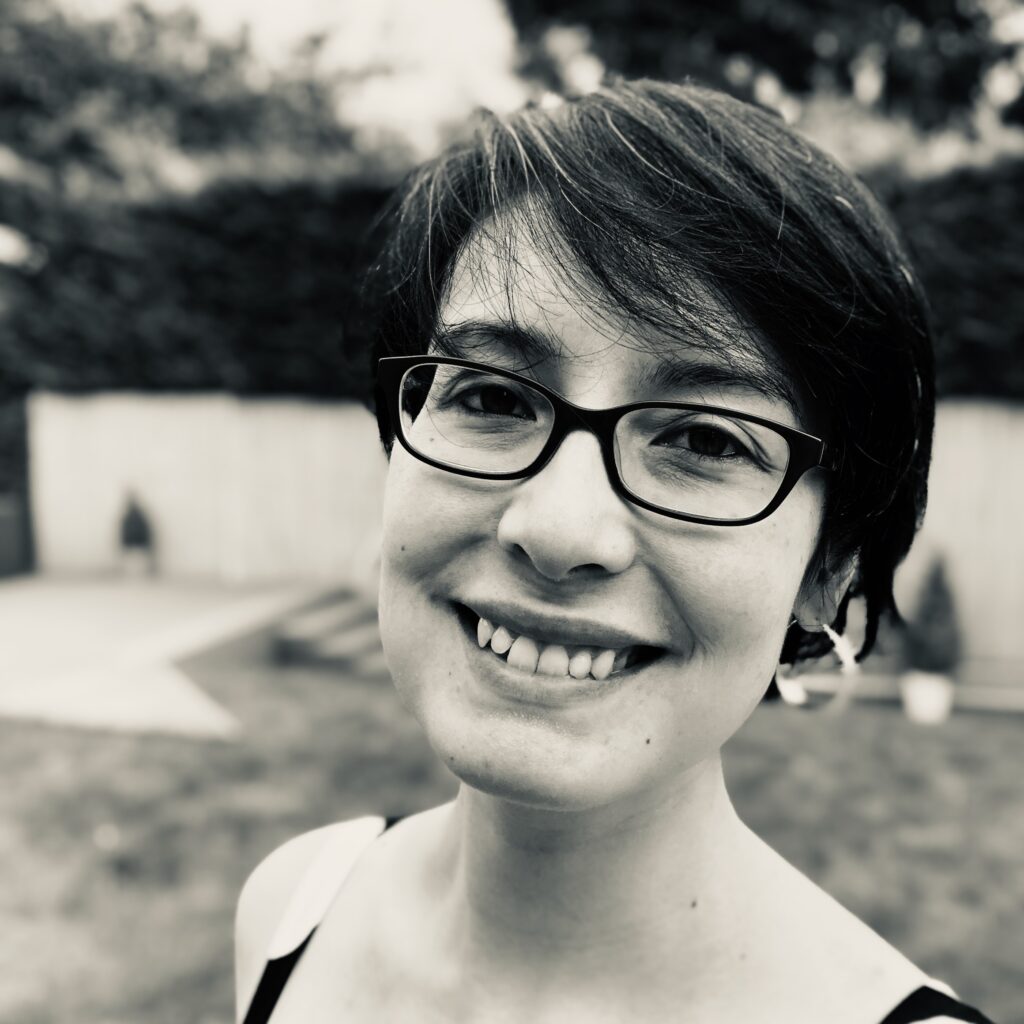
Aileen Angsutorn Lees is a Thai British writer, photographer, and organiser based in Scotland who is passionate about social justice, climate justice, and human rights. She is a former policy professional with experience advocating for and supporting East and Southeast Asian communities. She can be found on Instagram at @aileenang_

